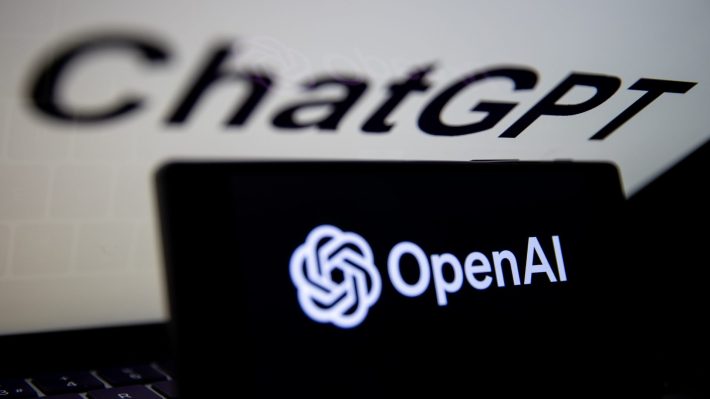
OpenAI is expanding to Japan, with the opening of a new Tokyo office and plans for a GPT-4 model optimized specifically for the Japanese language.
The move is significant for a few reasons. It underscores the opportunity the company sees to court business in the country, and highlights how OpenAI will likely need to localize its technology on different languages as it expands. And, more pragmatically, as the pros and cons of AI come into sharper focus for governments, their regulators and overall public discourse, having feet on the ground becomes important for OpenAI to understand and influence those currents in its favor.
OpenAI comes with giant name recognition, but won’t be without competitors. SoftBank is also hoping to build and capitalize on the current enterprise vogue for AI with last November’s launch of SB Intuitions, which aims to build large language models (LLMs) and generative AI services natively in Japanese.
The ChatGPT-maker, backed by Microsoft, has just 1,200 employees globally, a tiny number when you consider that it’s currently valued at around $80 billion and is trying to handle a lot of inbound interest. Now it’s very much looking at how to scale to meet that demand. It opened its first international office in London last year, followed by its inaugural European Union (EU) office in Dublin a few months later. Tokyo will represent OpenAI’s first office in Asia and fourth globally (including its San Francisco HQ).
CEO Sam Altman has highlighted Japan’s “rich history of people and technology coming together to do more” among its reasons for setting up a formal presence in the region. But more opportunistically, OpenAI’s global expansion efforts so far have been fairly strategic.
The U.K. is a major hub for AI talent while the EU is currently driving the AI regulatory agenda. Japan has been one of the bigger developers and adopters of humanoid robots and other AI-powered hardware, and it figured prominently during Altman’s world tour last year, when he visited with Japan’s Prime Minister Fumio Kishida and talked about OpenAI’s intention of opening an office in the country. Japan is the current G7 chair and President of the G7’s Hiroshima AI Process, an initiative to promote AI safety, including stronger AI governance.
OpenAI’s choice to lead the new hub is notable. OpenAI Japan will be headed up by Tadao Nagasaki, who joins the company after 12 years at Amazon Web Services (AWS), where he led Amazon’s cloud computing division in the region. In other words, growing OpenAI’s profile and business with enterprises is a primary target with this latest expansion.
Enterprising
As president of OpenAI Japan, Nagasaki will be tasked with building a local team on the ground to double down on OpenAI’s business in the country. The company already counts Daikin (an industrial company best known for air conditioners), Rakuten, and Toyota among customers using OpenAI’s enterprise-focused version of ChatGPT, which OpenAI says includes additional privacy, data analysis, and customization options on top of the standard consumer-grade ChatGPT.
OpenAI says ChatGPT is also being used by local governments to “improve the efficiency of public services in Japan.”

GPT-4 customized for Japanese Image Credits: OpenAI
ChatGPT has long been conversant in multiple languages, including Japanese. But optimizing the latest version of the underlying GPT LLM for Japanese specifically will give it enhanced understanding of the nuances within the Japanese language, including cultural comprehension which should make it more effective particularly in business settings such as customer service and content creation.
OpenAI also says that its custom model comes with improved performance, which means it should work faster and be more cost effective than its predecessor.
For now, OpenAI is giving early access to the GPT-4 custom model to some local businesses, with access gradually opened up via the OpenAI API “in the coming months.”
Source link

